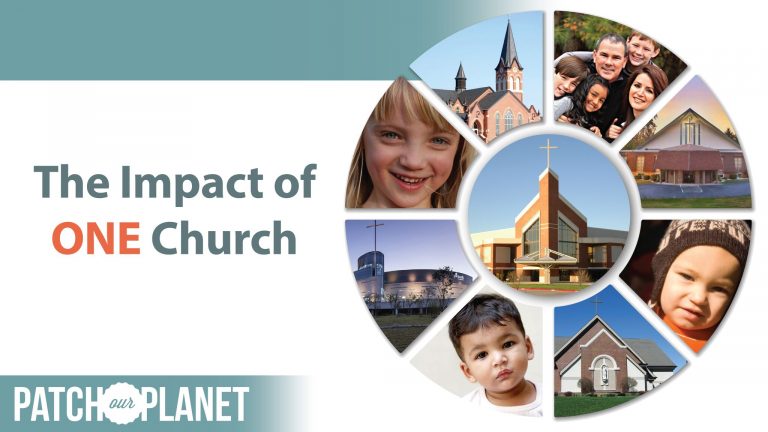Recently, I spent the day with some great advocates at the Christian Alliance for Orphan’s conference titled, “Families for Children”. Let me take a moment to share some of the valuable principles I learned while there. Hopefully, there will be an idea that you can grab onto and make a difference in your context.
Who’s the Hero?
Dr. Sharyn Ford talked about a foster child who said, “I don’t need a hero, I need a parent”. Then, she went on to talk about the need for parents who will do the work, love the child, and allow the Lord to be the hero. Great truth.
Reunification:
Jason Weber led a great round-table breakout on “The Church & Biological Family Reunification”. In our discussion, we discovered that our churches really have little or no picture of what a reunified family looks like. This is a very important point. Understanding that foster care is ultimately set up for reunification is essential to know moving forward in any church foster care ministry. From the church’s perspective, sometimes the best way to love the child in foster care is to love the parent (long-term). By helping the parent to heal, you help restore a broken family. Now, that’s ideal!
Other great ideas that could prove beneficial in any attempt to reunify families with children: Agencies training foster parents toward co-parenting, Prevention through outreach (helping parents heal from past hurts, breaking cycles), Special needs education, Services that bring biological parents into the church (supervised visits, anger management, parenting classes, childcare, Addiction support, etc), Reunification stories in foster care training, and telling the stories to the church.
Supporting Families:
Shelly Radic from Project 127 spoke about the challenge of churches helping foster/adoptive families because they tend to shy away from asking for help. She talked about how important it is to “make needing help normal”. Families need support teams that get it and that will be there with them for the long haul. Churches need resources to help families. She continued to say that “Foster Care is about reunification” and offered the following insight – “instead of balloons when a child comes, how about a meal at the back door since there is a grieving child in the mix as well”. Sobering truth.
Edify the whole family:
Katie Overstreet from Focus on the Family talked about how we can assume that families don’t need the help or that someone else is doing it. Ask the families what they need. That’s more important than what you want to give. Edify the whole family, not just the child. She also talked about the power of prayer, respite and acts of service. Great reminder of the importance of that personal touch.
Other great thoughts: How do you really find out the needs of foster/adoptive families? “We’re good” is not an appropriate response, the only one they tend to give. Ask consistently, maybe even offer some suggestions of how you can help.
How do you build a culture of support in the church? Create a safe environment for families to feel safe and share needs. Private Facebook pages can be set up for a support team.
Support Group vs. Support System:
Support groups are obviously good for many reasons, but they could potentially get silo-ed in crisis together, isolated. Support systems involve everyone in the church.
These are a few of the take-aways for me.
Leave a comment and let us know what has worked for you or someone you may know!
For the sake of church & child,
Steve Gillis Founder | Exec. Director www.patchourplanet.org


